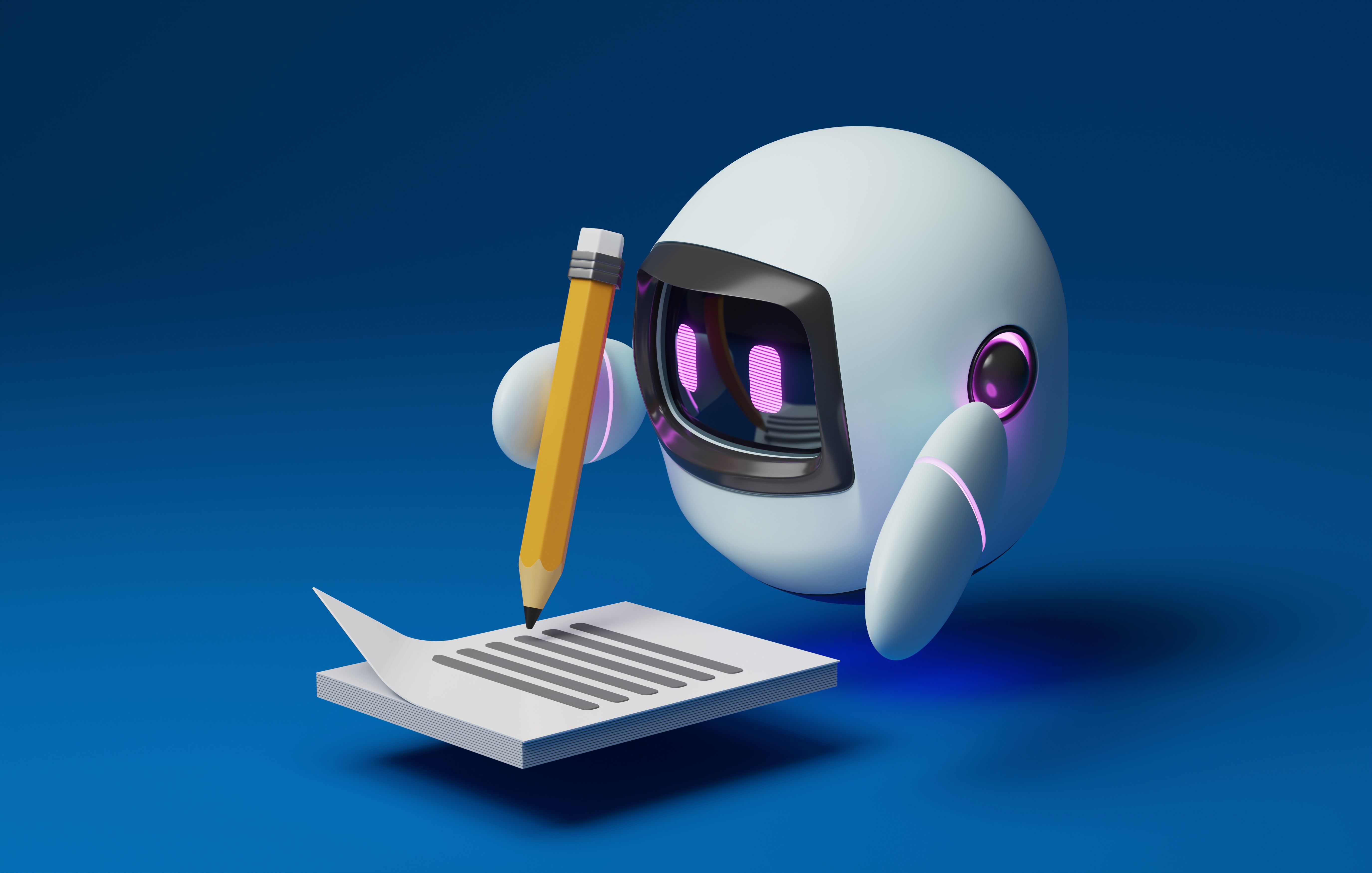ChatGPT-5: Revolutionizing Creative Writing
The Evolution of Creative Writing with ChatGPT-5
In the ever-evolving landscape of technology, artificial intelligence continues to make significant strides, revolutionizing various industries. One of the most exciting developments is in the field of creative writing, with the advent of ChatGPT-5. This advanced language model is transforming how writers, authors, and content creators approach their craft, offering new tools and possibilities that were previously unimaginable.

Understanding ChatGPT-5
ChatGPT-5 is the latest iteration of OpenAI's language model series, renowned for its enhanced capabilities in understanding and generating human-like text. Building on the success of its predecessors, ChatGPT-5 introduces improved contextual understanding, creativity, and coherence in writing. This makes it an indispensable tool for anyone involved in creative writing, from novelists to screenwriters.
One of the most impressive features of ChatGPT-5 is its ability to generate content that not only mimics human creativity but also enhances it. By analyzing vast amounts of data, it can provide suggestions, plot twists, and character developments that add depth and intrigue to any narrative. This assists writers in overcoming writer's block, sparking inspiration, and exploring new storytelling avenues.
Benefits for Writers
For professional writers, ChatGPT-5 serves as a collaborative partner, offering a fresh perspective on their work. It can help streamline the writing process by generating outlines or suggesting alternative phrasings that enhance clarity and impact. Writers can utilize ChatGPT-5 to brainstorm ideas or refine existing manuscripts, making it a versatile tool in any creative arsenal.

Moreover, ChatGPT-5 is invaluable for content creators working under tight deadlines. Its ability to produce high-quality text quickly ensures that creators can meet their targets without compromising on quality. This efficiency is especially beneficial for marketers and bloggers who need to produce engaging content consistently.
Impact on the Publishing Industry
The publishing industry is also experiencing a shift as a result of ChatGPT-5's capabilities. Publishers can leverage this AI to assess manuscripts for potential success by analyzing language patterns and narrative structures. This predictive capability helps publishers make informed decisions about which projects to pursue, potentially reducing risk and increasing the chances of commercial success.

Furthermore, ChatGPT-5 enables self-publishing authors to produce polished manuscripts without incurring significant editing costs. By utilizing AI-driven editing tools, authors can refine their work independently, leveling the playing field between self-published writers and those backed by major publishing houses.
Challenges and Considerations
Despite its numerous advantages, integrating ChatGPT-5 into creative writing does come with challenges. Ethical considerations regarding authorship and originality must be addressed. Writers must ensure that their unique voice remains intact while leveraging AI-generated content. Balancing human creativity with AI assistance requires careful attention to maintain authenticity in creative works.
Additionally, there is a need for ongoing research and development to address potential biases within AI-generated content. Ensuring inclusivity and accuracy in narratives generated by ChatGPT-5 is crucial for maintaining diverse and representative storytelling.
The Future of Creative Writing
As we look to the future, the integration of AI like ChatGPT-5 into creative writing presents exciting opportunities for innovation and collaboration. By embracing this technology, writers can push the boundaries of storytelling, exploring new genres, styles, and formats that captivate audiences worldwide.
Ultimately, ChatGPT-5 represents a significant milestone in the evolution of creative writing. It empowers writers to harness the power of AI while preserving the essence of human creativity. As this technology continues to develop, it holds the promise of transforming not just how we write but how we think about storytelling itself.
